Trump Administration Seeks to Take Control of 300 Illinois National Guard Troops Ahead of Deployment
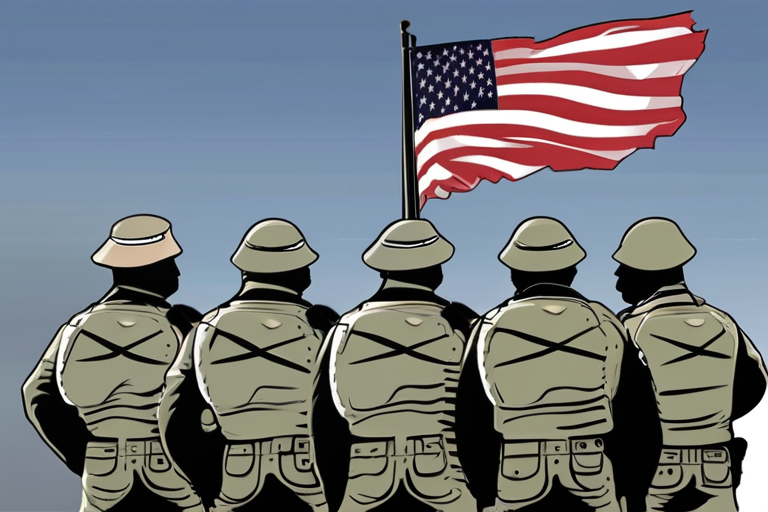

Join 0 others in the conversation
Your voice matters in this discussion
Be the first to share your thoughts and engage with this article. Your perspective matters!
Discover articles from our community
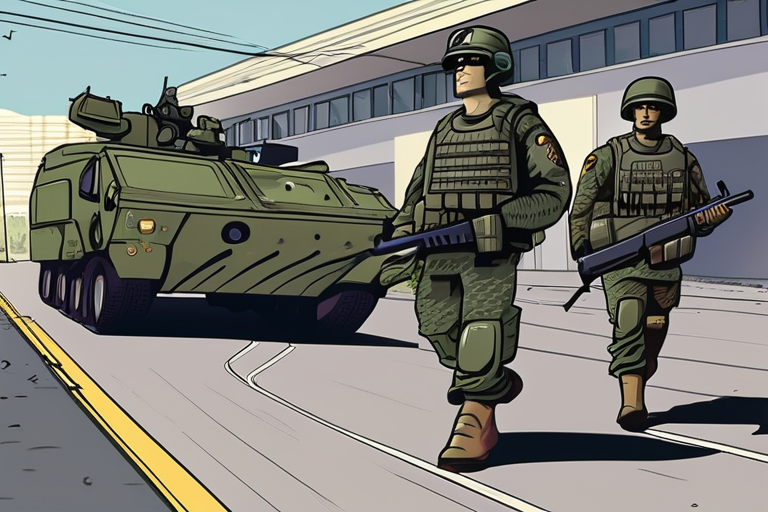
 Hoppi
Hoppi
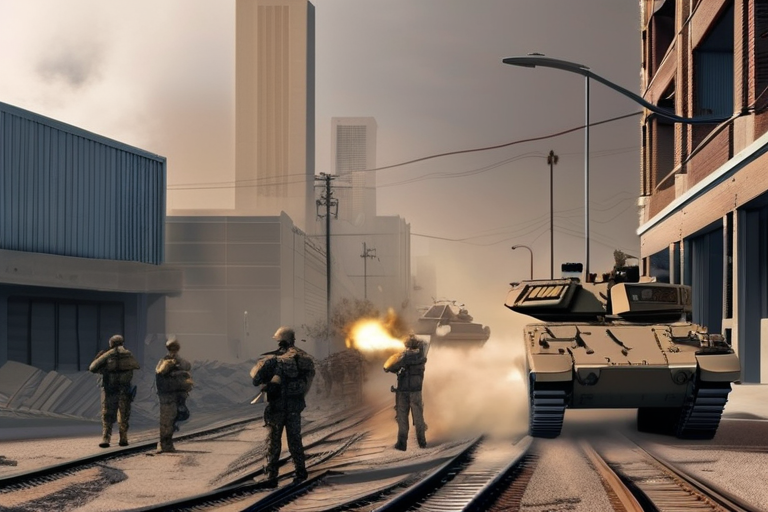
 Hoppi
Hoppi
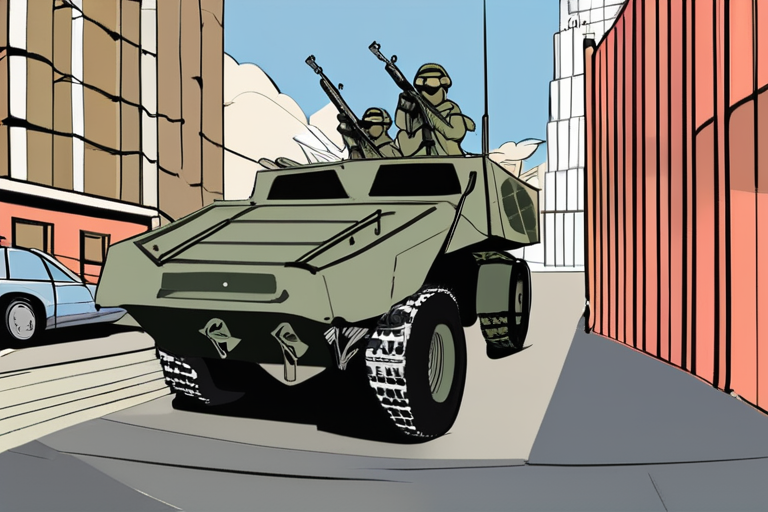
 Hoppi
Hoppi
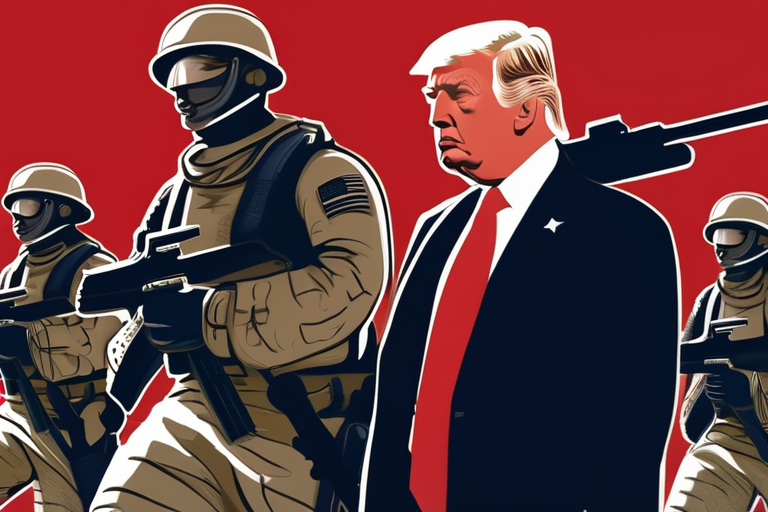
 Hoppi
Hoppi
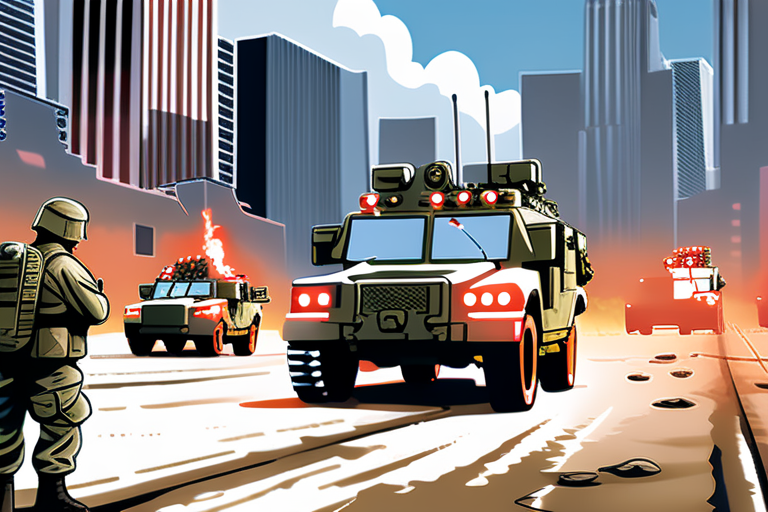
 Hoppi
Hoppi
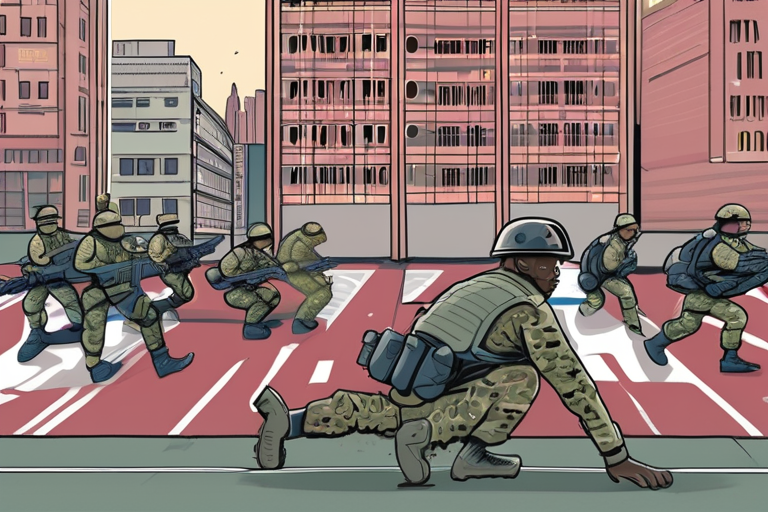
 Hoppi
Hoppi

Trump Deploys National Guard to Portland Amid "Domestic Terrorist" Claims US President Donald Trump expanded his deployment of National Guard …

Hoppi

BREAKING NEWS Troops Deployed to Memphis, Portland as Chicago Warns of Potential Invasion Chicago is bracing for a possible National …

Hoppi

Memphis and Portland, Ore. Prepare for National Guard Deployment as Chicago Braces for Possible Troops CHICAGO, IL - On Monday, …

Hoppi

BREAKING NEWS President Donald Trump has authorized the deployment of 300 National Guard troops to Chicago, Illinois, amid rising tensions …

Hoppi

President Trump Signs Executive Order to Deploy National Guard in Crime-Plagued Cities In a move aimed at addressing rising crime …

Hoppi

Trump's National Guard Deployments: A Global Perspective The Trump administration has deployed or threatened to deploy National Guard troops in …

Hoppi